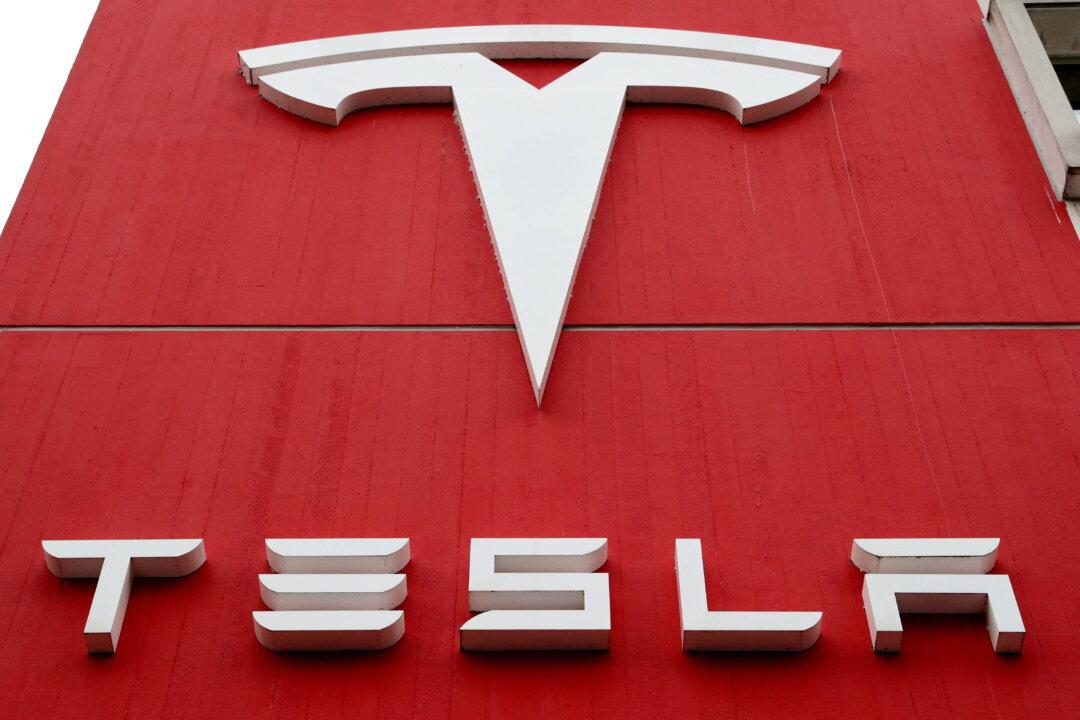Tesla said on Friday trading in its three-for-one split shares will start on Aug. 25, after the electric vehicle maker’s shareholders approved the proposal during its annual meeting.
Shareholders of Tesla voted for board recommendations on most issues at the company’s annual meeting on Thursday, including reelecting directors, approving a stock split, while rejecting proposals focused on environment and governance.





